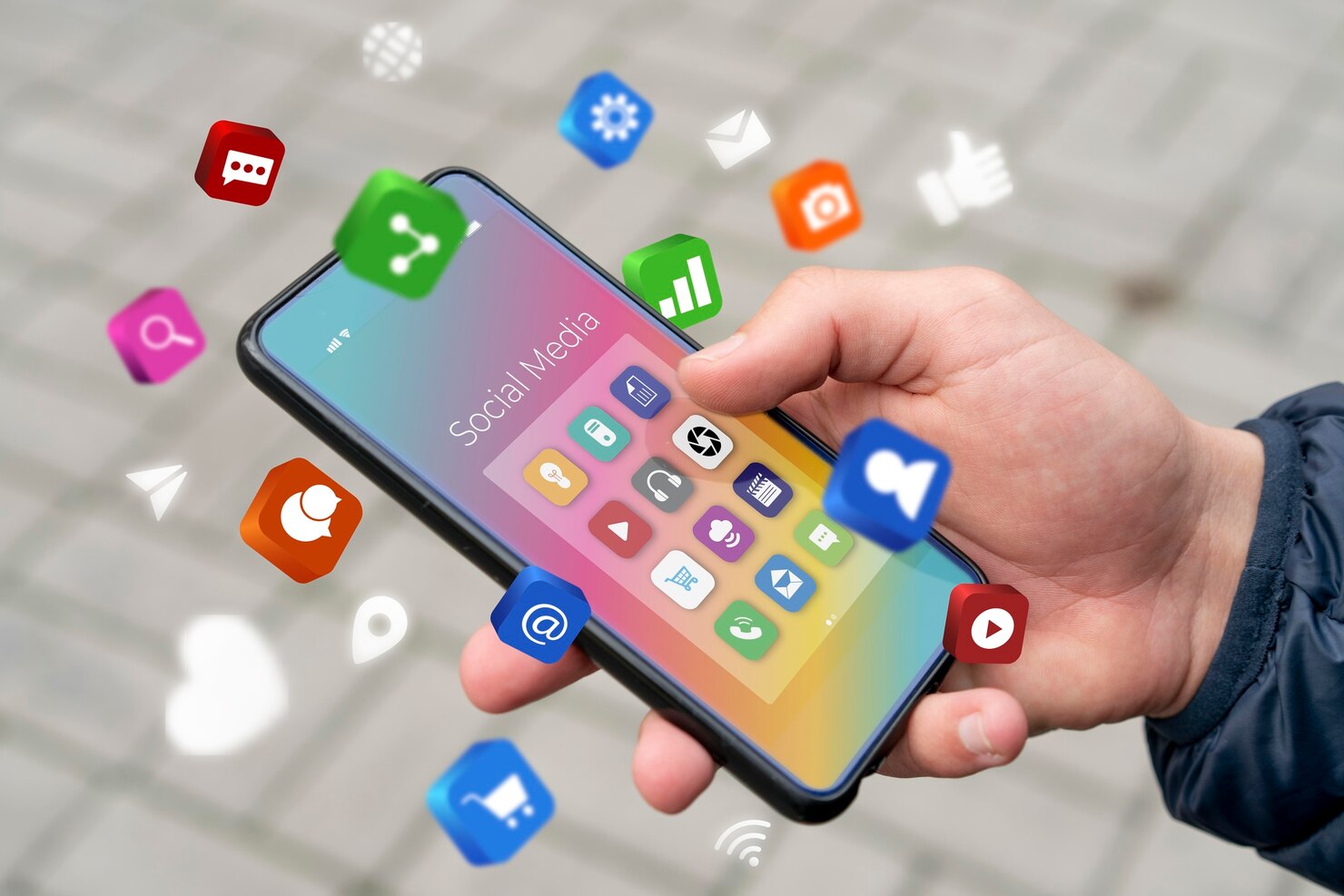
As we mentioned earlier, the first and last thing users interact with daily is their phones, whether it's for reading emails, sending messages, checking the weather, playing games, listening to music, viewing their statements, using business applications, or viewing general notifications. The challenge we face as a company is to provide tools that capture and maintain user interest with attractive and innovative features, improving service quality and building customer loyalty through the full use of our application. But, how do we create a successful application?
We live in a constantly evolving world, especially in technology. With active competition increasing daily, our resources must be directed toward strategies for customer retention and differentiating ourselves from competitors. In this blog, we will discuss advanced functionalities that can be implemented in your company, focusing 100% on customer service and process automation.

1. Booking Management
If you have a tourism or entertainment company, you can develop a mobile application that allows users to browse options like hotels, tickets, movies, and more from the comfort of their homes. Users can select a date, view available payment options, and complete their purchase using a credit card. Once payment is made, a receipt or reservation confirmation is sent via email.
If a user wishes to change the date or add additional rooms, they can request changes directly through the app. As a company, you can update your database accordingly and notify the booking agent of the user's changes. The app would then send an updated notification to the user’s email.
For companies focused on messaging services, clients could use the app to request services, attach images of packages, and use geolocation to select pickup and delivery addresses. Once the delivery agent picks up the package, users can track the service status. When the package is delivered within the stipulated time, users can rate the service and provide feedback directly through the app.
2. Online Store
If you run an e-commerce store, you can develop a mobile application dedicated to selling products or services through catalogs. Users can log in with their profiles to select, save, and purchase your company’s products. They will have access to a purchase history, and as a company, you can monitor their interests, send promotional codes, suggest related items, and send automatic notifications to the customer's email, establishing a direct communication channel and a loyalty plan.
3. Geolocation
One advantage mobile applications have over web applications is the ability to request access to users' locations. This feature allows you to provide location-based services. For example, in the food and beverage industry, an app could help users locate nearby restaurants, bars, or other venues categorized by type. Similarly, in a transport company, users could calculate service fares by selecting a starting and ending point.

These personalized functionalities, designed to meet user expectations and align with your company’s services, can help retain customers by offering a useful, always-available tool tailored to their needs.
We recommend you this video
